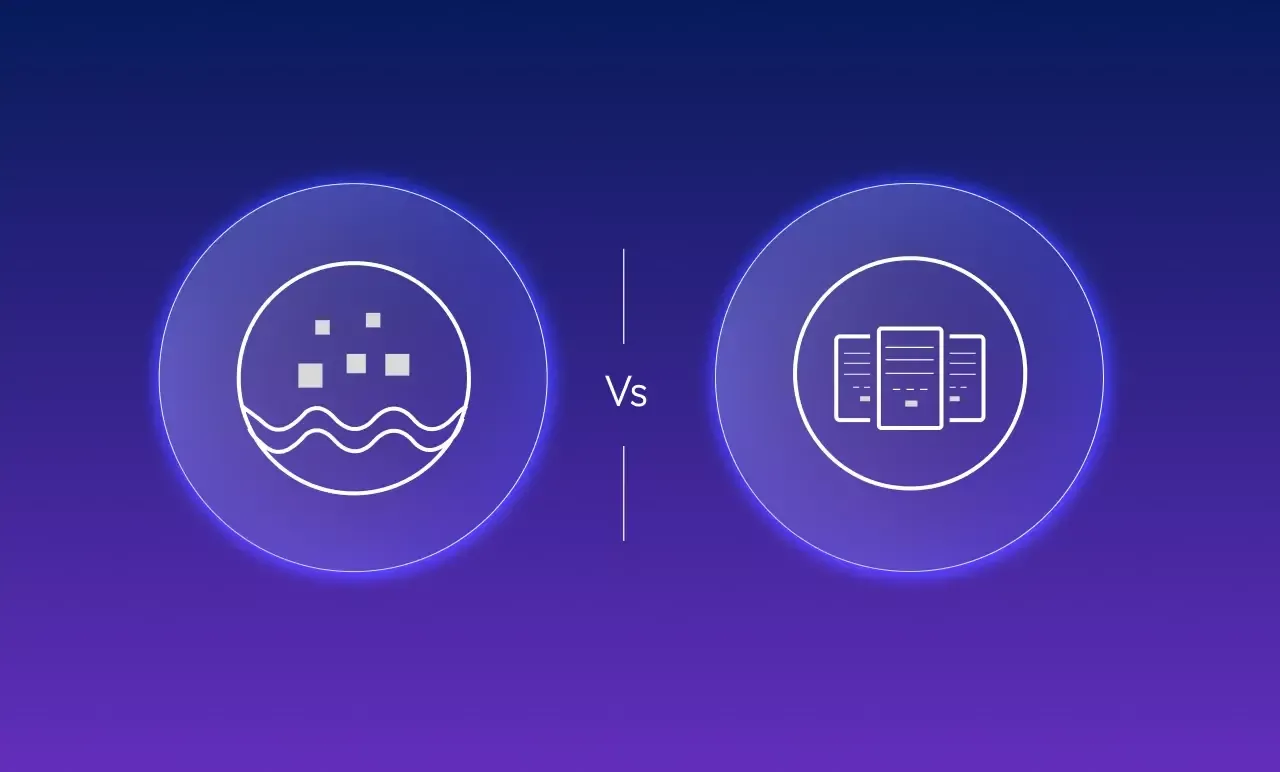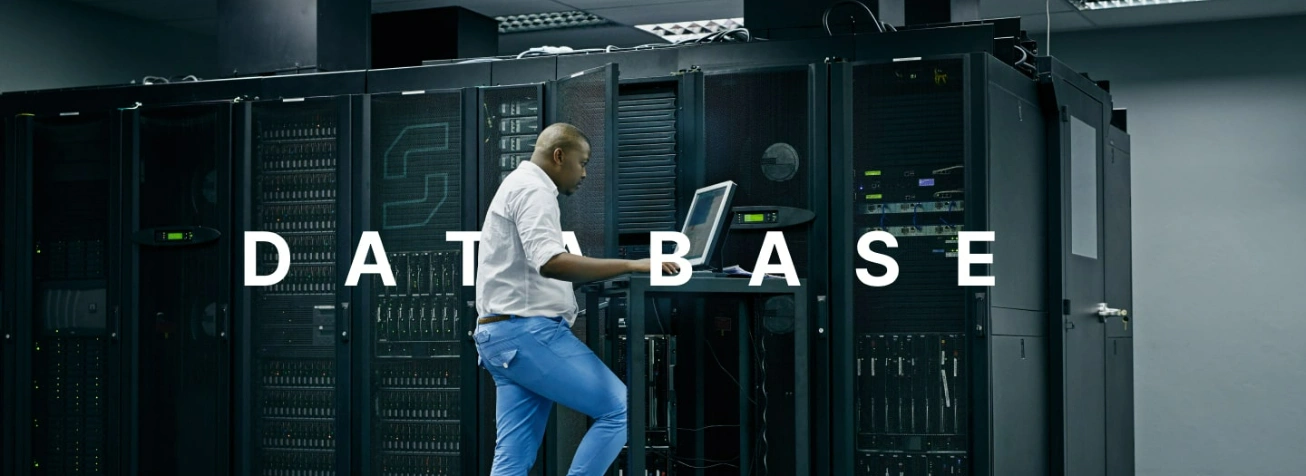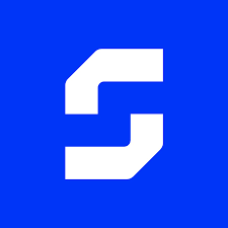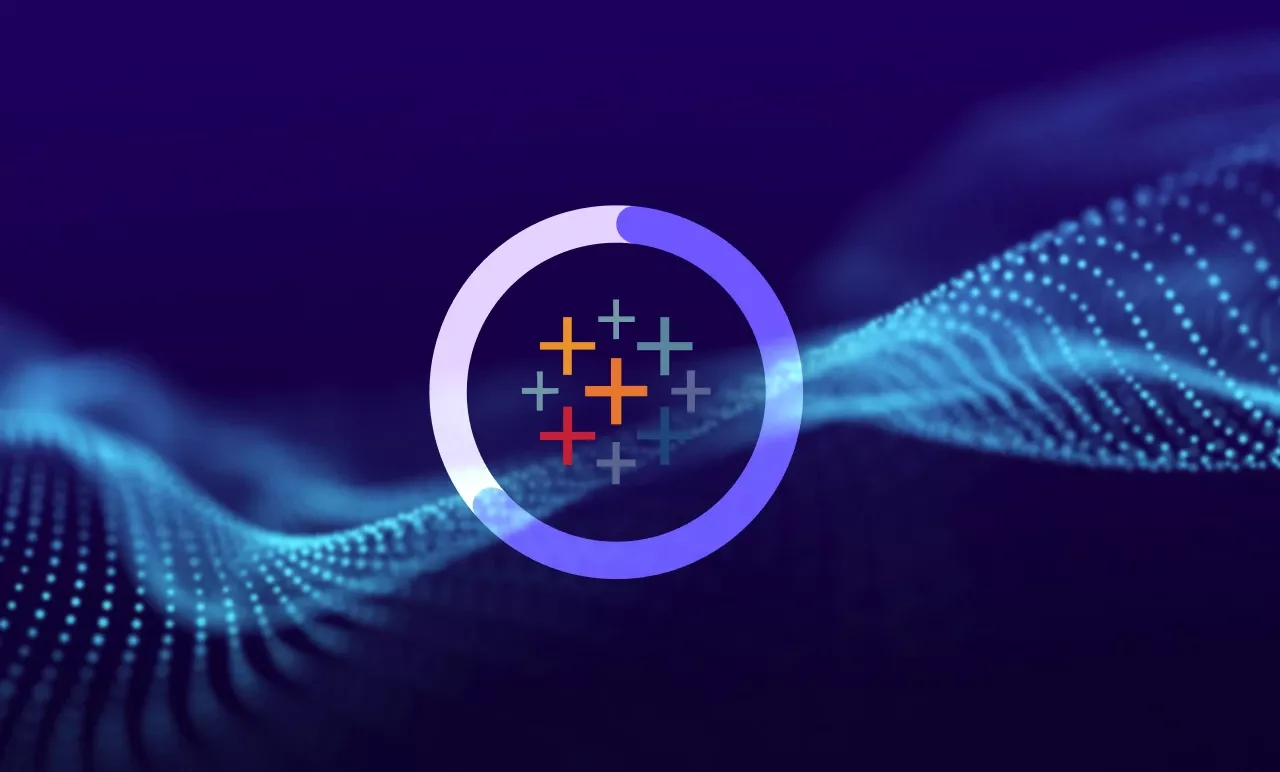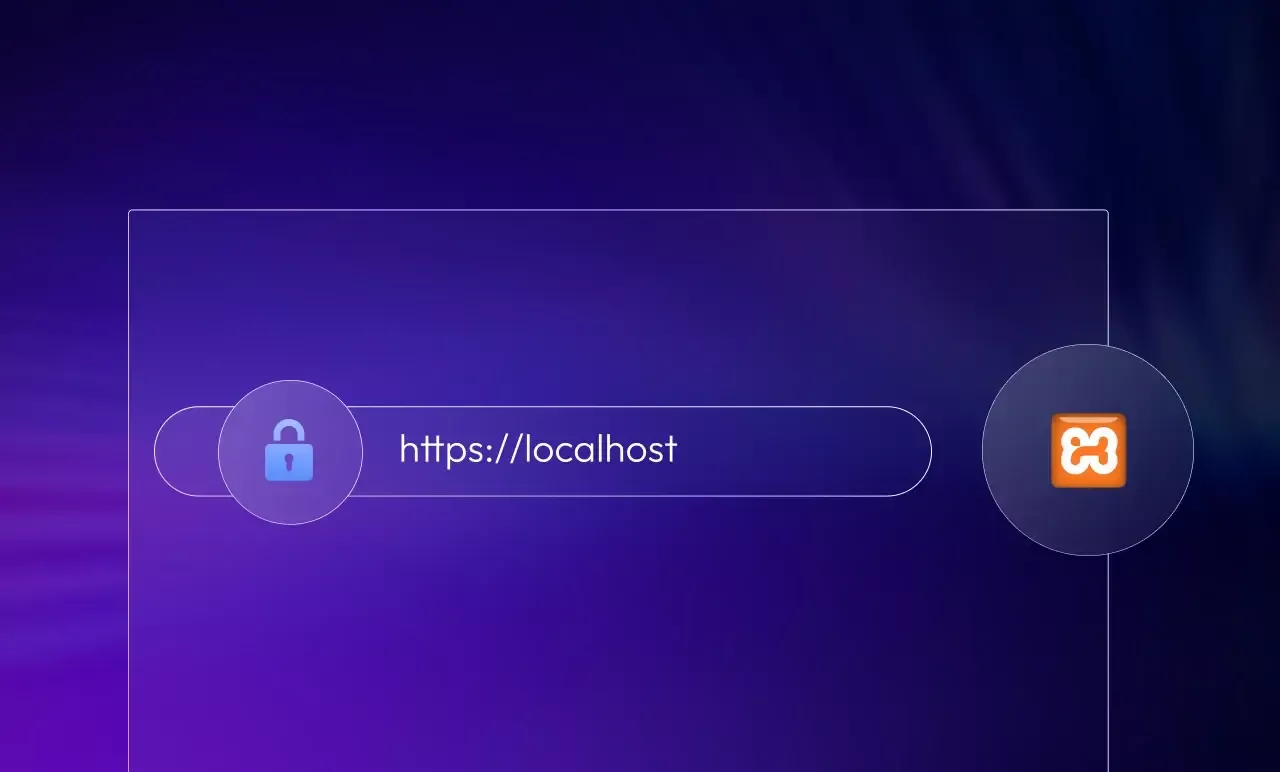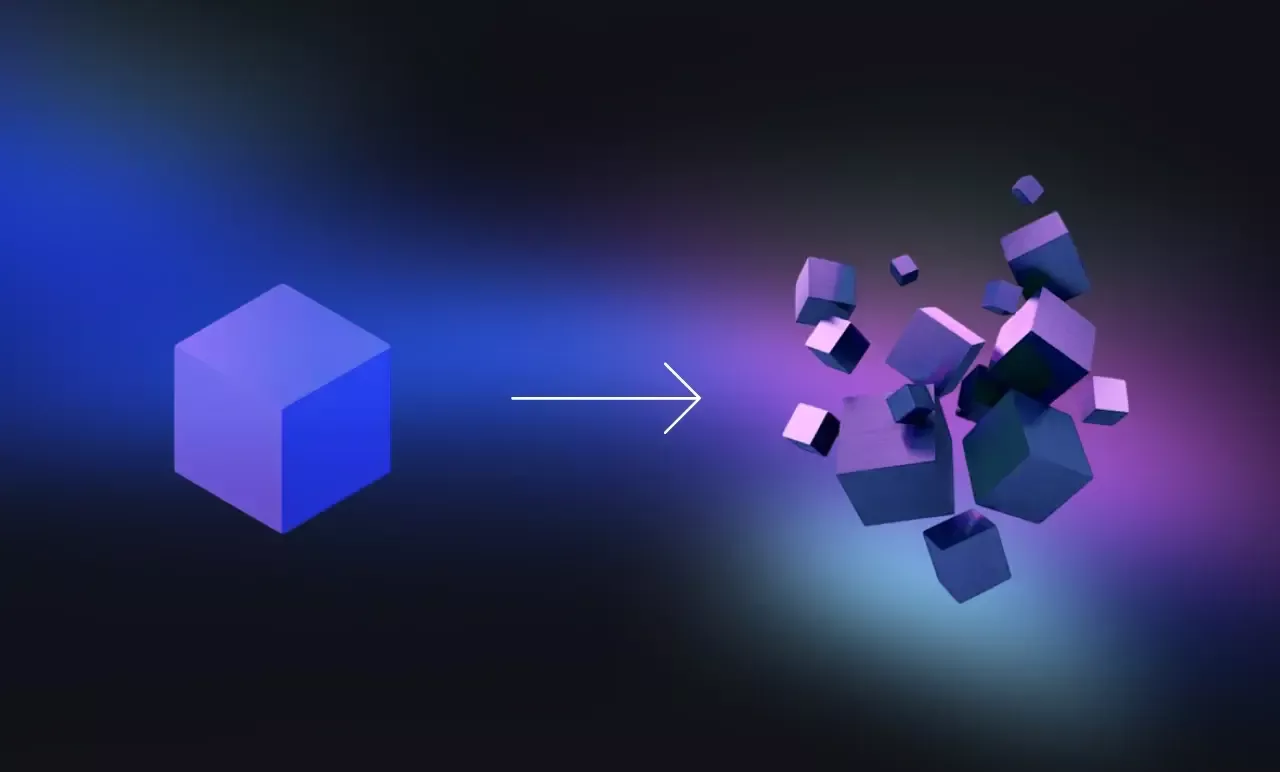Data Storage Decoded: Data Warehouse vs Data Lake Explained
10 Most Popular Databases To Use In 2023
Data is ubiquitous. Previously multiple databases helped in the collection and storage of the generated data. But the challenges faced in the creation, management, maintenance, query, updation, and retrieval of data records from multiple databases prompted the evolution of Database Management Systems or DBMS.
Today, most enterprises prefer to use them as they help reduce multiple database management complexity. Moreover, with businesses rapidly adopting digital transformation, most applications are built to cater to data-intensive workloads. Enterprises, thus, need to adopt a data fabric architecture that can easily access secure data, irrespective of where it resides.
Database systems or DBS form an integral part of this architecture. The success of the adopted digital transformation depends on certain important attributes of the chosen DBMS, like cloud readiness on a global scale, operational simplicity, and consistent reliability of the mainframe-class. Development flexibility and uncompromising security also play a significant role in the same.
The IT market is currently flooded with various database management systems. While the core technology remains the same, choosing one that reflects the above characteristics requires research about its operational capabilities. But before conducting a comparative study of the Top 10 DBMSs, a quick understanding of their utility and relevance is essential.
Relevance of a database management system
Enterprise process optimization is only possible when decisions are data-driven. Additionally, quick decision-making without disrupting workflows requires efficient business data management.
A DBMS facilitates organized data storage for sharing across different business verticals. It pulls data from various tools, platforms, and applications and stores it centrally for easy access and retrieval. Data loss instances are reduced significantly, and daily workflows are neither delayed nor disrupted.
Essentially, a DBMS interfaces business databases and their workforce. Some essential benefits of using a DBMS are:
- Enhanced productivity due to mitigation of data errors
- Timely and uninterrupted data access that speeds up decision-making
- Restricted access to authorized users to strengthen data security
- Improved data sharing
Enterprises must prudently compare the available database management systems and understand their applicability to maximize the above benefits. The top 10 DBMS systems based on their relevance in catering to divergent business needs are given below.

Oracle
Because of its cost-efficiency and high performance, Oracle was ranked the most popular DBMS globally in 2022. It is an object-relations, cross-platform, ACID-compliant DBMS. Various Online Transaction Processing(OLTP) systems, Data warehousing(DW), and mixed(OLTP+DW) databases use the Oracle DBMS to enable flawless operations.
Other distinguishing features of Oracle include optimized memory management, logical data structure, high availability, and portability. It also supports MYSQL and NoSQL. The presence of a robust backup and recovery tool called the Recovery Manager or RMAN and assured data concurrency enhance its utility.
By offering complete control of large databases, enhanced space management, and the stable backing of a recognized brand, Oracle truly justifies its global popularity.
MySQL
This extremely popular open-source relational database management system(RDBMS) was developed by Oracle using structured query language or SQL. It has acquired a significant market share because of its extensive usage by large enterprises. MySQL uses a high-delivery stable, scalable, feature-rich, and cost-effective working model. Statistically, MySQL was ranked just after Oracle as the most popular DBMS in 2022.
Some of its inherent features include ease of use which makes it perfect for beginners and professionals. Offering dual password support makes it highly secure. It is also flexible and fast, has excellent client-server architecture, and offers wide compatibility with other architectures and technologies.
Other significant characteristics of MySQL include unique storage engine architecture for high performance, fewer memory leakage problems, crash recovery, and options for roll-back of transactions.
Microsoft SQL Server
This RDBMS facilitates data storage and retrieval with minimal effort. MS SQL Server also supports Windows and Linux systems that deliver semi-structured, structured, and spatial data. Key features of this RDBMS include the presence of a query store complete with troubleshooting and new system views, quick and easy data retrieval, and the ability to alter Live query statistics.
It also offers easy data restoration with temporal database support, enhanced encryption, and extensive JSON support for web and mobile apps. MS SQL is also vendor-independent and portable.
PostgreSQL
This is arguably the most advanced open-source, enterprise-level object-relational DBMS. PostgreSQL extensively uses SQL to provide a wide range of capabilities for working with complex data.
Its predominant features include compatibility with almost all data types(primitive, document, structured, geometry, customized), high-performance and concurrence, and international character support. Enhanced Data integrity is achieved using primary and foreign keys and exclusion constraints, and PostgreSQL also enables effortless data recovery.
MongoDB
Most enterprises that require a cloud-based platform for real-time analytics of their applications use this NoSQL database program. MongoDB is a cross-platform, flexible, non-free but source-available document store that uses JSON-like documents equipped with optional schemas.
Critical features of MongoDB include document indexing for better query executions, large-scale load balancing, and support for ad-hoc queries(including regular-expression searches, field and range queries). Its replica sets ensure better data stability and availability while sharding facilitates horizontal scaling.

Redis
This open-sourced(BSD Licensed) NoSQL value/store is used primarily as a quick response database. Redis uses its memory to store data and is credited with unparalleled speed, outstanding performance, and reliability.
Other features of Redis(Remote Dictionary Server) include high scalability(both vertical and horizontal) and easy availability, an in-memory datastore, and extensible simplified technology. Further, data persistence support is offered by point-in-time backups and AOF(Append Only File).
It also offers rich support for data structures like strings, lists, sets, hashes, bitmaps, and HyperLogLogs.
IBM Db2
IBM Db2 is a database management system (DBMS) that is designed for enterprise use and optimized for low transactional latency and real-time workload analytics. This DBMS is best suited for database experts looking for a highly scalable, available, and secure solution.
Some key features of IBM Db2 include integrated intelligent automation, continuous availability, zero tolerance for failures, and effortless scalability. Additionally, IBM Db2 offers enhanced data protection to ensure the security of sensitive data. With all these features, IBM Db2 is a comprehensive solution that can help organizations manage their data effectively and efficiently.
Elasticsearch
Elasticsearch is an open-source, distributed search and analytics solution built using Apache Lucene. It is a robust DBMS tool that can support all types of data, including geospatial, textual, numeric, structured, and unstructured.
Its key features include scalability and resilience, encryption-based security, highly available scalable alerting, REST APIs for seamless integration, and powerful features for integration with business intelligence tools. Additionally, Elasticsearch offers easy deployment, making it a user-friendly solution for organizations of all sizes.
SQLite
SQLite is a powerful C-language library that serves as a comprehensive transactional SQL database engine for everyday database management needs. This versatile database engine is fast, dependable, compact, and self-contained, requiring no configuration to operate as a serverless system. One of the key advantages of SQLite is its database, which is a single-disk file with a convenient application file format.
It also supports databases up to terabyte-sized, making it a popular choice for businesses of all sizes. With a simple API, SQLite is user-friendly and accessible, and its cross-platform capabilities ensure compatibility with a range of systems, including iOS, Android, Mac, and Linux.
MariaDB
MariaDB, an open-source relational database, has rapidly gained popularity among businesses because of its robust cloud offerings. It is considered one of the top 10 database management systems due to its various features, including top-notch security measures with high-end data encryption, making it a safe option for sensitive data storage.
MariaDB is also fully integrated with Galera Cluster, a synchronous multi-master database cluster that offers the flexibility to direct database reads and writes to any node. Its fast performance and stability further justify its inclusion in this list. Additionally, the official documentation for MariaDB is readily available, making it easier for users to implement and operate the system efficiently.

While there is yet to be a clear answer to understanding the best DBMS tool, the above list helps narrow down alternative options. Understanding the services offered by these Database management systems vis-a-vis the business service requirements will enable enterprises to determine the best fit for their DBMS needs.
Email us or Talk to us at +91-98367-81929 or Simply Contact Us through the website.
Let's Connect


